Trans Allyship: 9 Simple Ways to Show Up
In a time when trans people in the U.S. are facing growing hostility, allyship isn’t just nice—it’s essential to their safety.

Every year on November 20th, Transgender Day of Remembrance is dedicated to honoring the memory of the trans and gender non-conforming individuals who have lost their lives to acts of violence. According to GLAAD (Gay & Lesbian Alliance Against Defamation) Transgender Day of Remembrance (TDOR) was started in 1999 by transgender advocate Gwendolyn Ann Smith as a vigil to honor the memory of Rita Hester, a transgender woman who was murdered 1998. Smith noted how quckly trans’ murders were forgotten about and now necessary it was to not allow people lost to gender violence to be so quickly forgotten.
Beyond remembering those who have been lost to violence, the day also now serves to educate the non-trans community on how to be better allies in everyday life. This includes how to give ongoing support, education, and advocating for trans rights. These 9 examples offer practical, real-world tips on how to be a better ally to trans people, particularly during times that feel very uncertain for trans people in the U.S.
Educate Yourself About Trans Issues
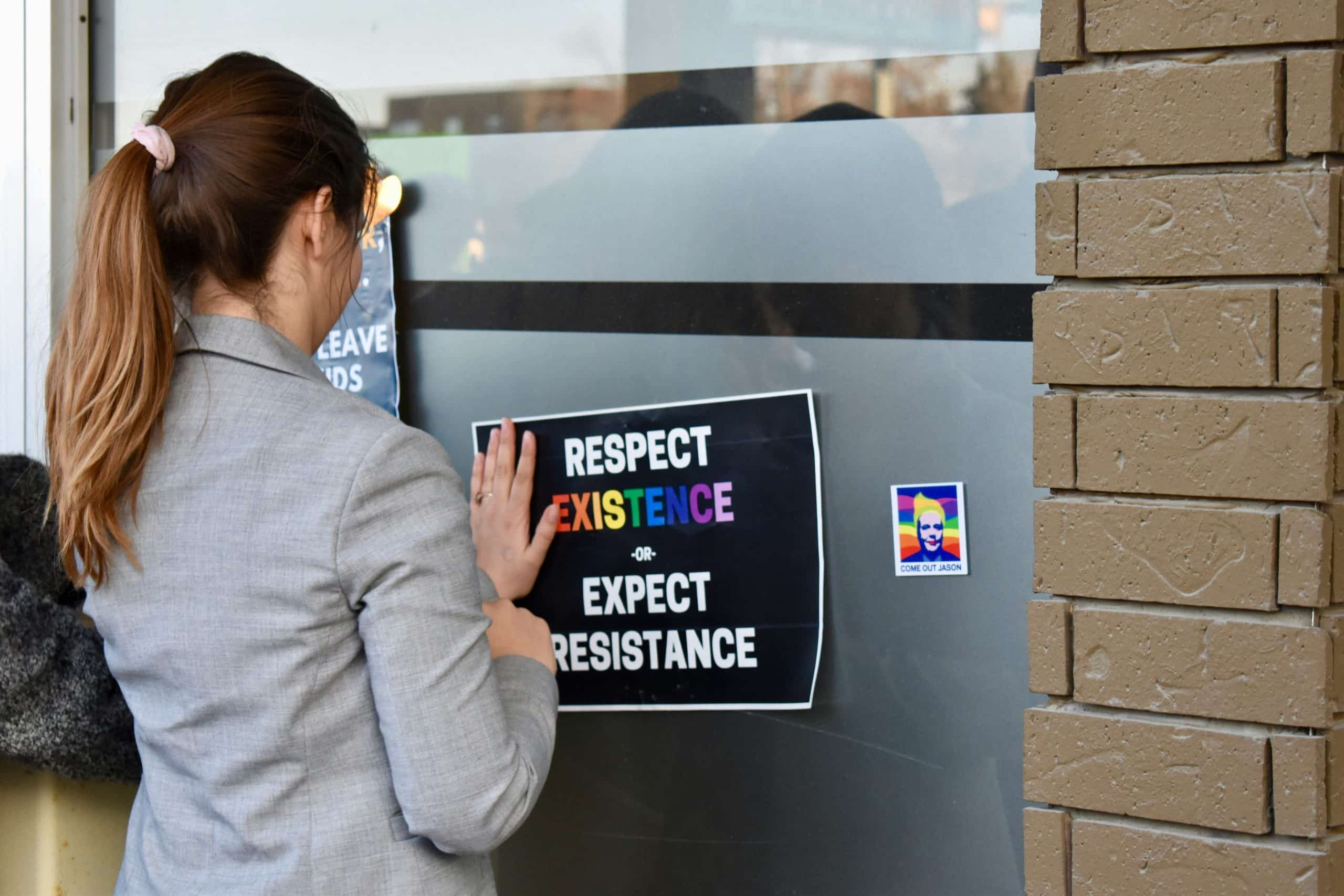
One of the most important things you can do as an ally is to educate yourself about trans identities and the challenges the community faces. Learn the basics of gender identity, the difference between sex and gender, and how terms like transgender, non-binary, and genderqueer fit into the conversation. There are tons of resources out there to help you understand these concepts, and it’s crucial to do your own research so you don’t rely on trans people to teach you.Pro tip: Websites like GLAAD, Transgender Law Center, and Advocates for Trans Equality have excellent resources to get started. The more you know, the better ally you’ll be.
Respect Pronouns and Chosen Names
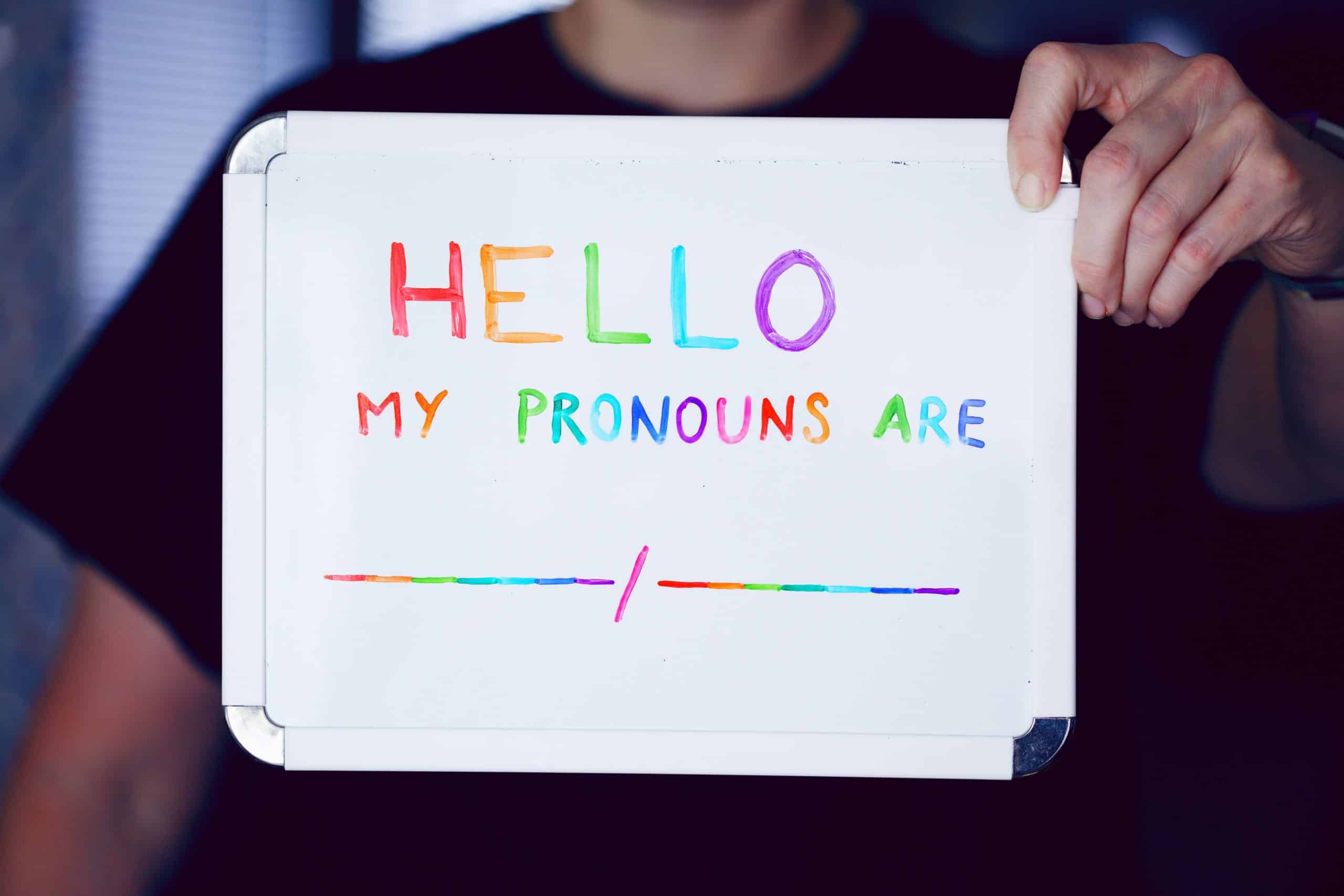
Pronouns matter—a lot. Using the right pronouns for someone is a simple but incredibly important way to show respect for their identity. If you’re not sure what someone’s pronouns are, it’s okay to ask politely, and once you know, make sure you use them. The same goes for someone’s chosen name. Misgendering or deadnaming someone (using their birth name when they’ve changed it) can be incredibly hurtful. If you make a mistake, don’t panic. Just apologize, correct yourself, and move forward.
Uplift Trans Voices

Instead of speaking for trans people, use your platform—whether it’s social media, your workplace, or your community—to uplift and amplify trans voices. Share articles, art, and content created by trans individuals. Listen to their stories, and make space for their experiences to be heard. Being an ally isn’t about taking up space; it’s about creating space for trans people to be seen and respected.
Pro tip: Follow and support trans activists, creators, and organizations on social media like the The TransLatin@ Coalition, Bamby Salcedo, Carolina Gutierrez, and more.
Stand Up Against Transphobia

Transphobia can show up in lots of different ways, from offensive jokes and harmful language to outright discrimination. As an ally, it’s your responsibility to call it out when you see it, even if it’s uncomfortable. Whether it’s a friend making a thoughtless comment or witnessing harassment in public, standing up for trans people is an important part of being an ally. For example, if you hear someone misgendering a trans person, gently correct them. It’s these small actions that help create a culture of respect and support for the trans community.
Support Trans-Led Organizations
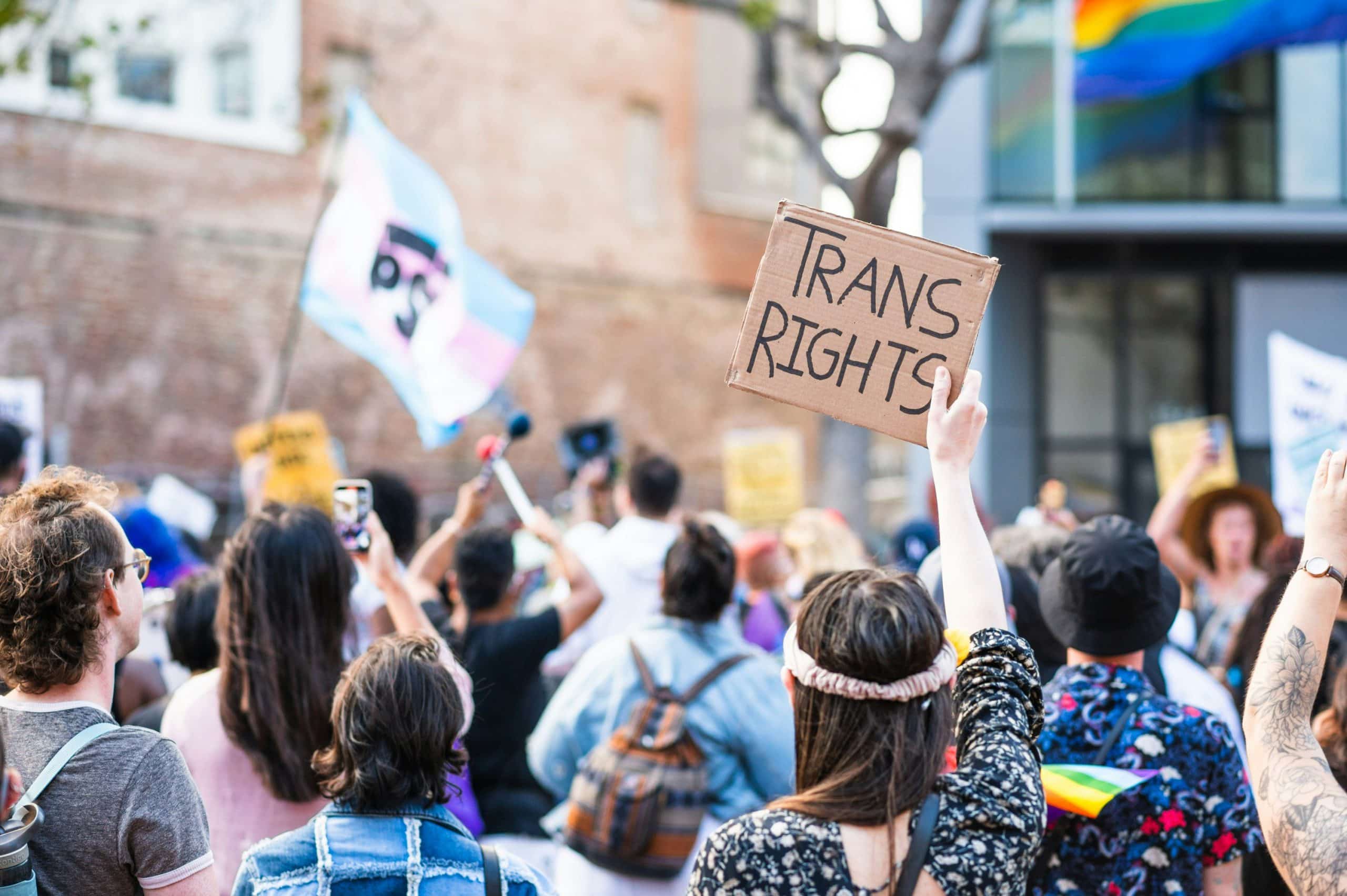
There are so many amazing trans-led organizations doing vital work to support the trans community—whether it’s providing healthcare resources, fighting for legal rights, or offering safe spaces for trans youth. Consider donating your time, money, or even just spreading the word about these groups. Transgender Law Center, The Trevor Project, and Trans Lifeline are just a few of the organizations that could use your support.
Pro tip: You can also look for local trans organizations in your area. Supporting them not only helps the trans community as a whole but also uplifts trans voices and leaders within your own community.
Understand the Intersectionality of Trans Issues
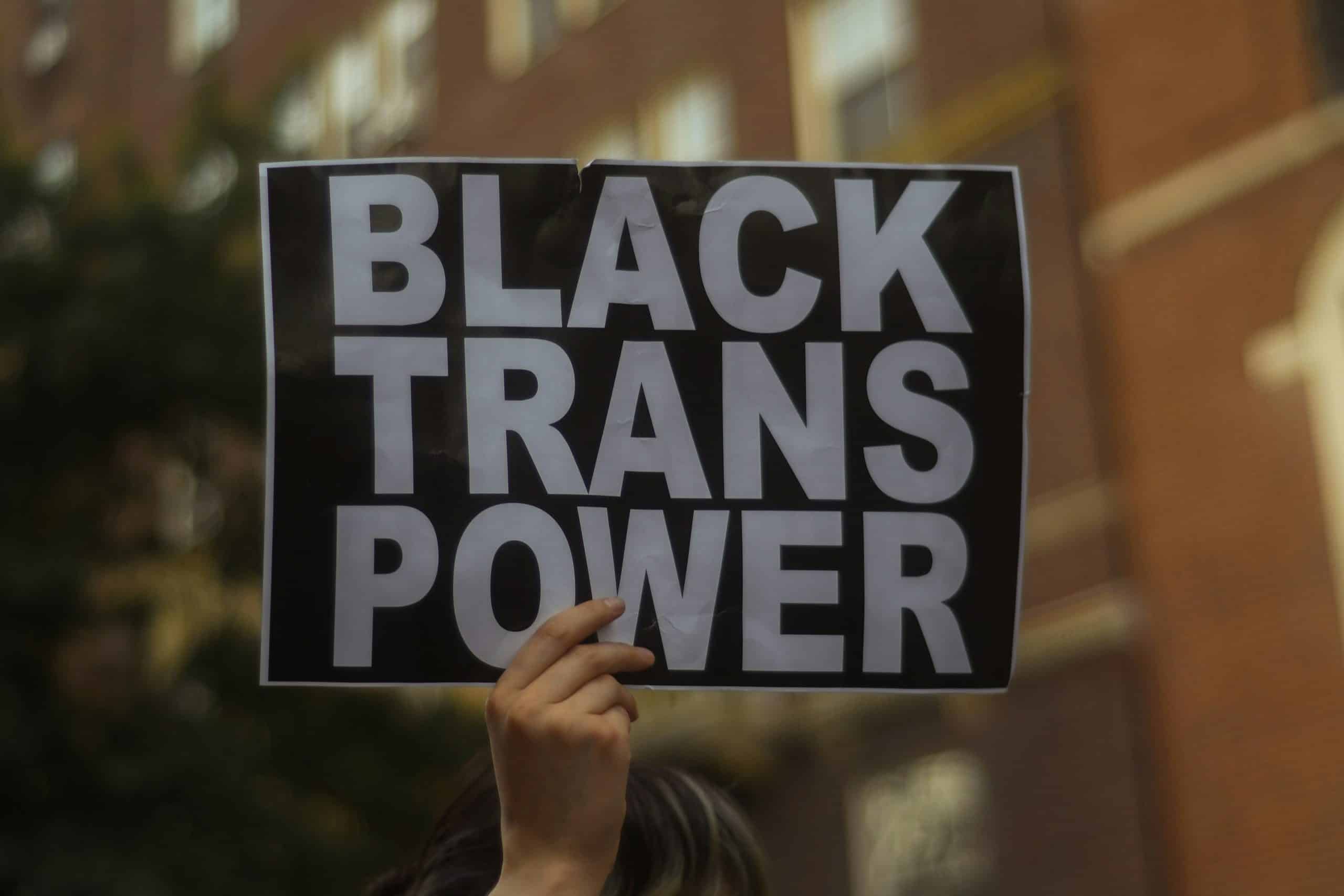
It’s important to recognize that not all trans experiences are the same. Trans people of color, especially Black and Latine trans women, face disproportionately higher rates of violence, homelessness, and healthcare discrimination. When thinking about how to be an ally, it’s crucial to keep intersectionality in mind and understand how different aspects of identity—like race, class, and disability—can compound the challenges that trans people face.
Be Mindful of Gendered Language
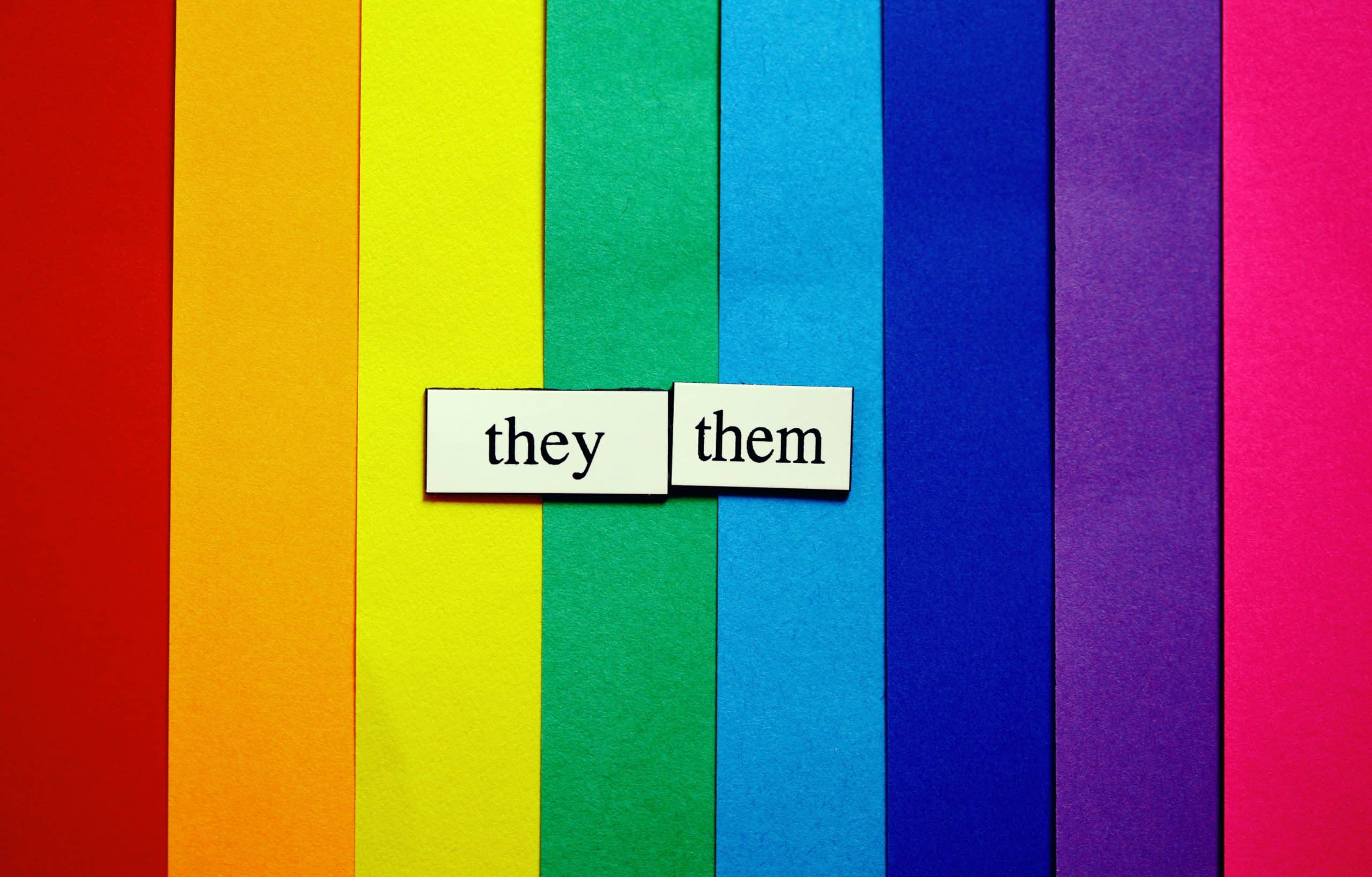
We use gendered language all the time without even thinking about it—words like “ladies and gentlemen” or assuming someone’s pronouns based on how they look. To be a better ally, start being more mindful of the language you use. Try using gender-neutral terms like “everyone” instead of “guys” or “ladies.” It might feel awkward at first, but it’s an easy way to create more inclusive spaces.
Pro tip: Normalize sharing your own pronouns in introductions and emails, which helps signal to others that you’re an ally and makes it easier for others to share theirs.
Support Trans Visibility—But Don’t Out Anyone

Being visible as a trans person can be empowering, but not every trans person is ready to share their identity publicly. Never out someone as trans without their permission, as it could put them in an unsafe situation. Respect their privacy, and remember that someone’s gender identity is personal information. If a trans person has chosen to be out, support them and celebrate their visibility, but always let them lead the way on what they want to share with others.
Advocate for Trans Rights
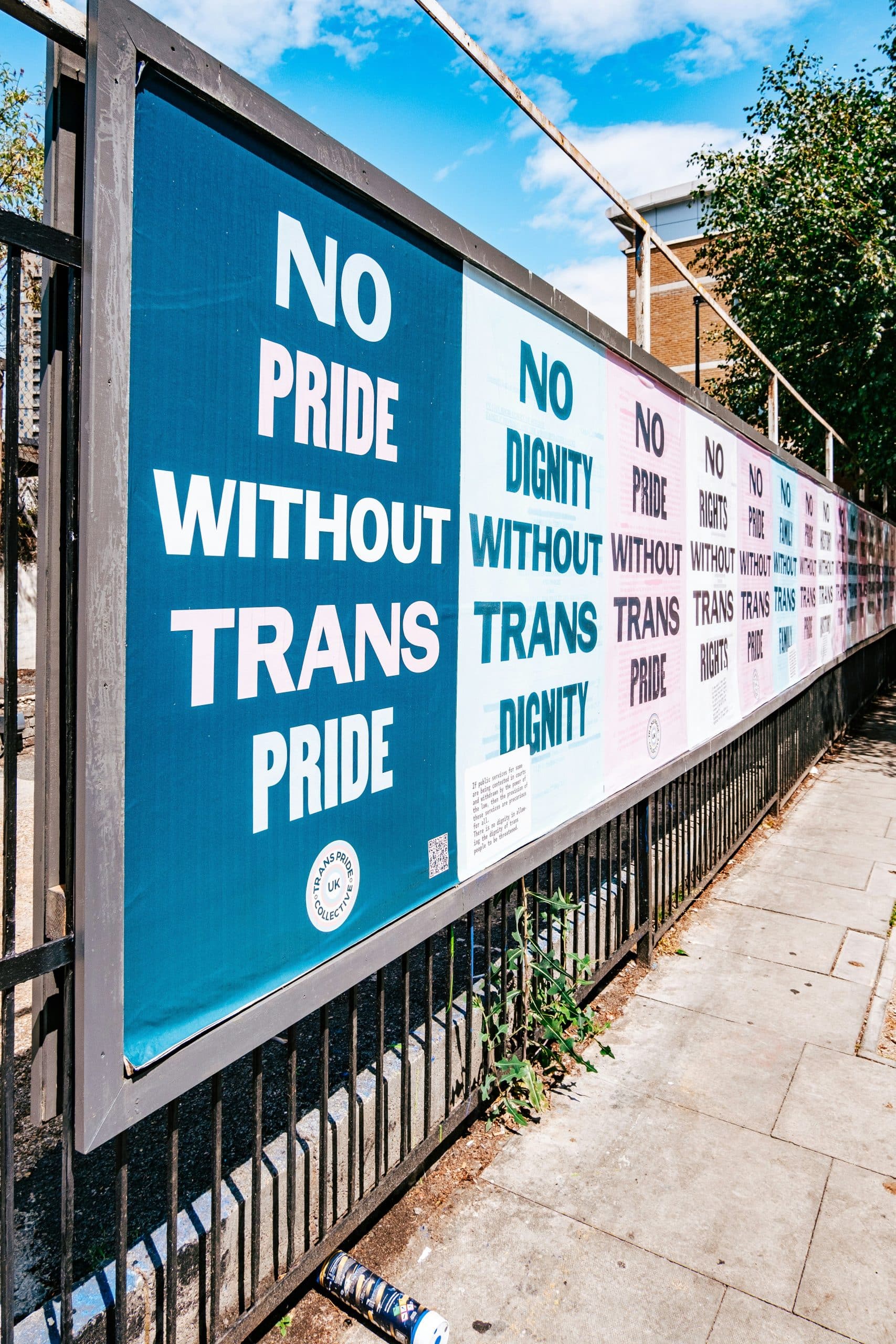
While societal attitudes toward trans people are changing for the better, legal protections for trans people still lag behind in many areas. From healthcare discrimination to workplace rights, trans people continue to face challenges that demand allyship. You can advocate for trans rights by supporting legislation that protects gender identity, contacting your representatives, and staying informed about the issues facing the trans community.
Pro tip: Vote for candidates who support LGBTQ+ rights and follow local and national news to stay informed about policies that impact the trans community.
Let’s make every day a day of remembrance, respect, and allyship—because everyone deserves to live in a world where they feel safe and seen for who they truly are.




